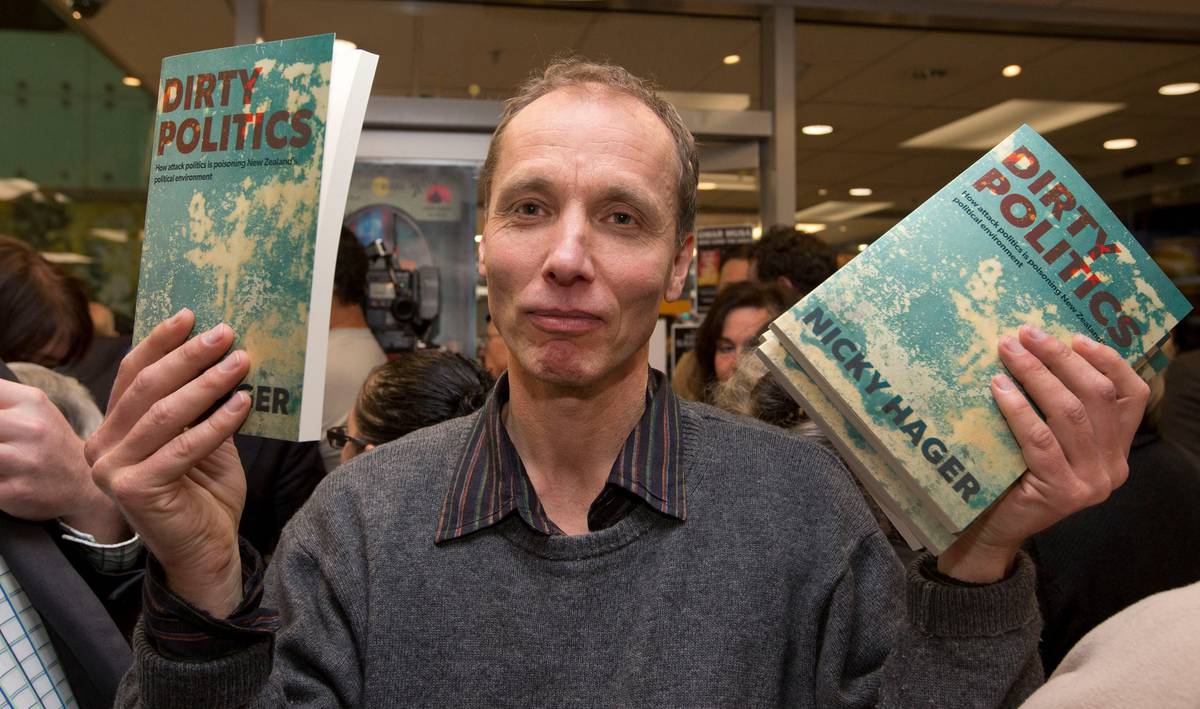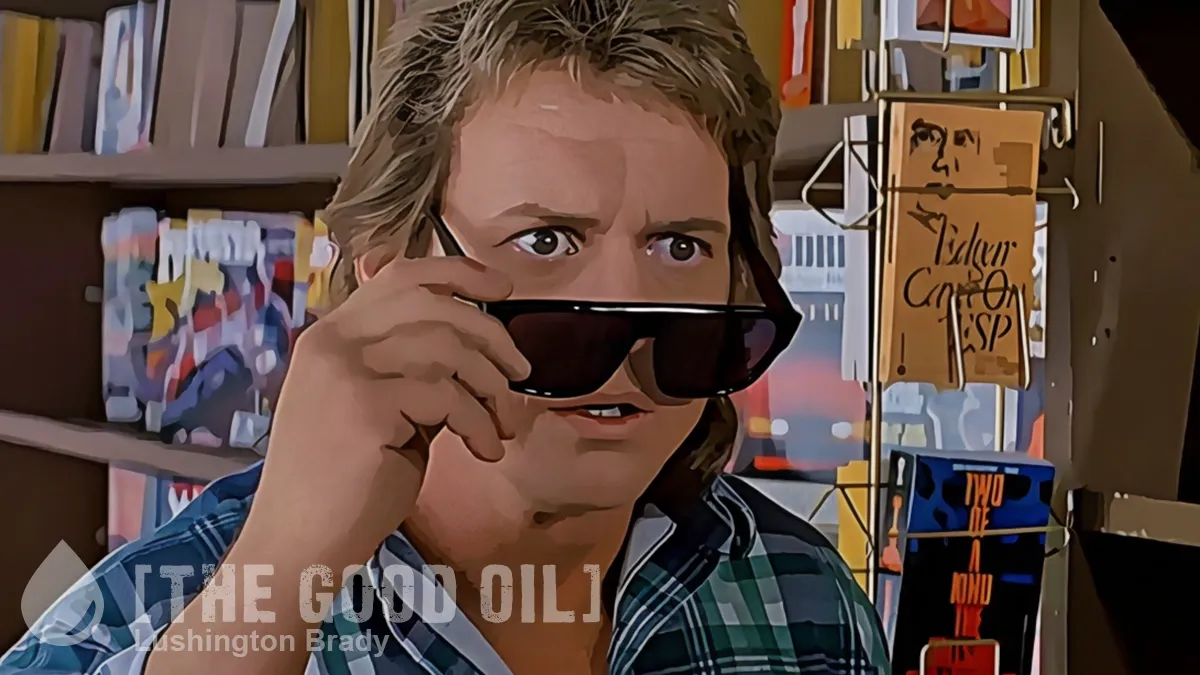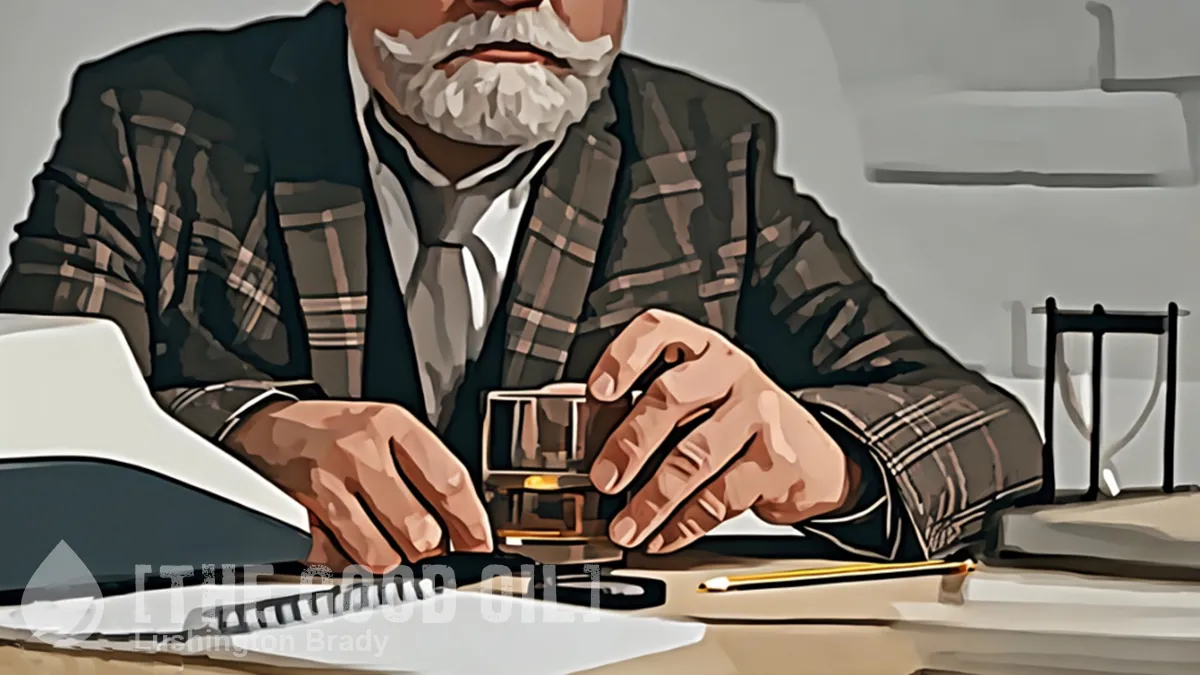Table of Contents
Earlier I wrote about the corrosive nature of social media against democracy and trust. Today I want to explore the poison dart guns of social media and how they are instrumental in the poisoning and polarisation of society.
Social media gives the ‘weak’ a powerful poison dart with which they can bring down elephants. It matters not that their complaint or argument is feeble; what matters most is that, with a few other similar people, they can appear to be a much larger force to be reckoned with.
Let’s revisit that Twitter engineer’s metaphor of handing a loaded gun to a 4-year-old. A mean tweet doesn’t kill anyone; it is an attempt to shame or punish someone publicly while broadcasting one’s own virtue, brilliance, or tribal loyalties. It’s more a dart than a bullet, causing pain but no fatalities. Even so, from 2009 to 2012, Facebook and Twitter passed out roughly 1 billion dart guns globally. We’ve been shooting one another ever since.
Social media has given voice to some people who had little previously, and it has made it easier to hold powerful people accountable for their misdeeds, not just in politics but in business, the arts, academia, and elsewhere. Sexual harassers could have been called out in anonymous blog posts before Twitter, but it’s hard to imagine that the #MeToo movement would have been nearly so successful without the viral enhancement that the major platforms offered. However, the warped “accountability” of social media has also brought injustice—and political dysfunction—in three ways.
First, the dart guns of social media give more power to trolls and provocateurs while silencing good citizens. Research by the political scientists Alexander Bor and Michael Bang Petersen found that a small subset of people on social-media platforms are highly concerned with gaining status and are willing to use aggression to do so. They admit that in their online discussions they often curse, make fun of their opponents, and get blocked by other users or reported for inappropriate comments.
Across eight studies, Bor and Petersen found that being online did not make most people more aggressive or hostile; rather, it allowed a small number of aggressive people to attack a much larger set of victims. Even a small number of jerks were able to dominate discussion forums, Bor and Petersen found, because nonjerks are easily turned off from online discussions of politics. Additional research finds that women and Black people are harassed disproportionately, so the digital public square is less welcoming to their voices.
Second, the dart guns of social media give more power and voice to the political extremes while reducing the power and voice of the moderate majority. The “Hidden Tribes” study, by the pro-democracy group More in Common, surveyed 8,000 Americans in 2017 and 2018 and identified seven groups that shared beliefs and behaviors. The one furthest to the right, known as the “devoted conservatives”, comprised 6 percent of the US population. The group furthest to the left, the “progressive activists”, comprised 8 percent of the population. The progressive activists were by far the most prolific group on social media: 70 percent had shared political content over the previous year. The devoted conservatives followed, at 56 percent.
Jonathan Haidt, The Atlantic
Think about that for a moment. What you see most often on Twitter or Facebook are the angry musings of just 14% of social media users, with the left-wing protagonists being half as much again more prolific in pushing their agenda than conservatives.
The media hoover up social media like a coke addict does dirty lines in the bathroom of a nightclub. They are only seeing the “outrage” of just a few people and amplifying them even more.
It is amplified extremism.
These two extreme groups are similar in surprising ways. They are the whitest and richest of the seven groups, which suggests that America is being torn apart by a battle between two subsets of the elite who are not representative of the broader society.
What’s more, they are the two groups that show the greatest homogeneity in their moral and political attitudes. This uniformity of opinion, the study’s authors speculate, is likely a result of thought-policing on social media: “Those who express sympathy for the views of opposing groups may experience backlash from their own cohort.”
In other words, political extremists don’t just shoot darts at their enemies; they spend a lot of their ammunition targeting dissenters or nuanced thinkers on their own team. In this way, social media make a political system based on compromise grind to a halt.
This is precisely why I advise politicians and companies to ignore social media. Media are not representative of broader society. Sadly, not many of them listen, and they are dragged into a vortex of vitriol and loathing that is largely of their own making.
Finally, by giving everyone a dart gun, social media deputises everyone to administer justice with no due process. Platforms like Twitter devolve into the Wild West, with no accountability for vigilantes. A successful attack attracts a barrage of likes and follow-on strikes.
Enhanced-virality platforms thereby facilitate massive collective punishment for small or imagined offenses, with real-world consequences, including innocent people losing their jobs and being shamed into suicide.
When our public square is governed by mob dynamics unrestrained by due process, we don’t get justice and inclusion: we get a society that ignores context, proportionality, mercy, and truth.

Remember Dirty Politics? This was one of the first coordinated attacks, designed to remove powerful political players from the playing field. Advertisers were attacked, supporters maligned, associates defamed, all because a very small bunch of left-wing lunatics thought committing a crime and laundering what they grabbed was a valid political tactic.
Nicky Hager may have written the book but he was clearly working in cahoots with the Labour party and other left-wing activists, like Martyn Bradbury and some of the authors at The Standard, as well as at least three mainstream journalists.
Hager and his enablers sought to bully other journalists into silence or to disassociate themselves with me. They sought complete and utter destruction, particularly of me.
They tried, they thought they’d won, and then the 2014 election results came in. That didn’t stop the attacks…they only paused once I had had a massive stroke. They ultimately failed, and now I’m back better and stronger than ever.
That was the best they had, and it failed. But it shows you the lengths to which the left will go to in order to utterly destroy their opponents. Social media have simply given them more firepower.
That is why conservatives must not be silent and why we must challenge the bullies, the haters and the wreckers. Otherwise, the false social homogeneity that social media portray becomes reality.
These same weapons and darts have been deployed to create the illusion that we were all in a ‘Team of Five Million’ and fooled people into believing that, if they dissented, they weren’t team players and were letting the team down. Dissenters were silenced, labelled and denigrated. Yet, now in the cold light of day, it seems the dissenters were right all along.
We’ve explored the loss of trust in institutions caused by social media, and now the causes of increased polarisation through the use of poisoned darts enabled by the same social media. My next article will explore how, despite huge advances in technology, we’ve built and developed structural stupidity in our society.
Please share this article so others can discover The BFD.









